We’re an industry of change, and that’s been apparent for quite some time. More and more, though, the changes are headed into the direction of money and investors, instead of the direction of creators and artists. Earlier in this article, I mentioned that Mass Effect 2 (and with the news of Dragon Age 2′s changes) is changing the ‘face’ of the RPG. Instead of inventory management and number crunching taking precendent, we’re moving to a ‘every button has to do something badass’ school of game design. Character development will be heavily scripted, action scenes will be outstanding, production values will rival the top-tier major motion pictures. As great as all of this sounds, one has to wonder, where’s the ‘game’ part fit into the grand scheme of things?
I may show my age a bit here, but have you wanted to go back to that simpler time, a time of blast processing, ‘Sega does what Nintendon’t’ marketing campaigns, Voodoo 2 graphics cards, a time where Super Metroid was the grand-daddy of storytelling, Final Fantasy III would bring a tear to your eye during the Opera chapter, Road Rash would let your need for destruction run free? I remember growing up, and being able to afford one game, once a month. I’d cherish those games, as they were truly mine, and while I didn’t always have the best judgement (Shaq Fu says hello. Yeah, it’s true.), the judgement was mine to make, and in some weird way, I was always rewarded.
Dragon Quest IX is a portal to that time. The moment you turn on the game, the gorgeous colors and sharp orchestral music flood your senses, and take you back to when games were games, and invited you to share your afternoon with their cast. For myself, Dragon Quest IX took roughly four hours to really sink in for me, but once it did, it never let up. In this time of literal vastness in games (World of Warcraft would take days to traverse by foot), it seems as though developers make sure that ‘bigger is better’, and market their game so we’ll agree. Something about Dragon Quest, though, seems bigger. There’s always something just over the horizon, there’s always a rumor about that fabled monster in the respective town you’re in, and there’s always a time when you’re rewarded for exploring the world around you. The sense of discovery of Dragon Quest IX is the reason to buy the game, and it all feels so natural, so direct, and so grand, that you can’t help but take notice.
There are some complaints with the game, and a majority of those come down to your party becoming ‘cookie cutter’, in so far as you can equip whatever you want to whoever you want, as long as their stats allow. You can customize your job class on the fly, as well as the job class of your party members, so you’ll never truly be stuck with a bad match for any specific section of the game. I don’t see this so much as a negative, I see it as a necessary means to an end: The gameworld is HUGE, therefore you’ll need the ability to use what you want, when you want, how you want. It opens options in my opinion, it doesn’t close them.
Dragon Quest IX is actually a very tricky game to write about, but I think that also adds to the allure: You MUST experience it for yourself, as if you have an ‘old school’ bone in your body, DQIX will take up months of your time. It uses the DS’s natural functions of a touch screen and wireless access to perfect effect, and prove that the game couldn’t be made on any other platform. In the time where developers are trying to break the mold, traverse new ground, and create hybrid genres, who knew that a strongly traditional JRPG would end up being so refreshing?
Dragon Quest IX is a portal back to when game design was a more simple affair. You were given a world to explore, and for as much as you invested, you were rewarded back tenfold. Finding those random fetch quests meant learning more about the people in your world, and taking down those epic monsters gave you acclaim, renown, and discounts at the local Inn. This is a swansong to an era gone by, and in many respects, is the best Super Nintendo game you’ve ever played.
Mixing old school ideals with new technologies, Dragon Quest IX is a perfect game: Not so much as it has no flaws, but because the flaws don’t matter. Quest with your friends, get better loot, aid the citizens of the world in their everyday occurances, and watch as a smile touches your lips, and your mind floods with memories of growing up with this hobby, a hobby that has brought us together more than it has split us apart, and a hobby that has shaped the very way we live our life. Thanks for the memories, Dragon Quest IX, and it’s an honor to have you as my Top Game of 2010.
They just don’t make games like you anymore.

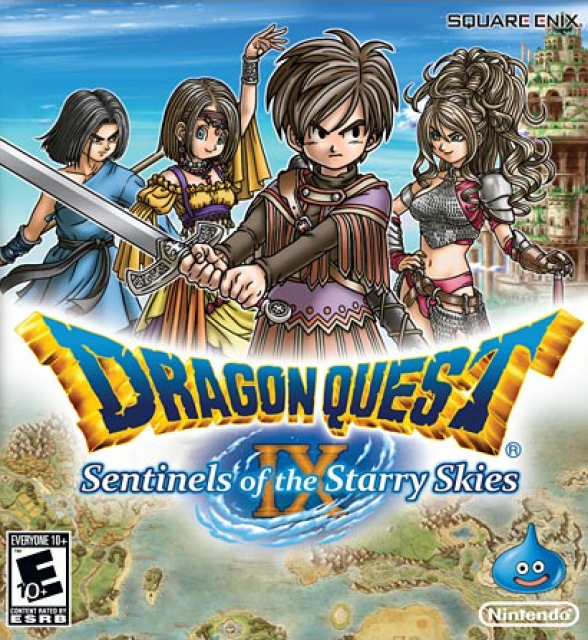
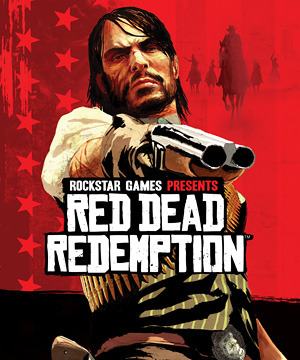
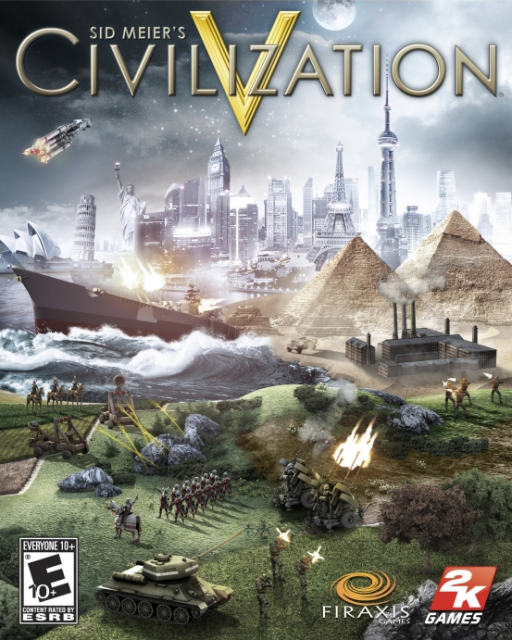
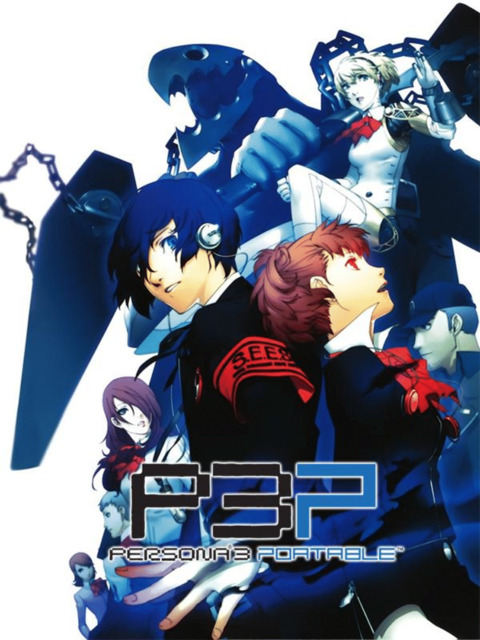
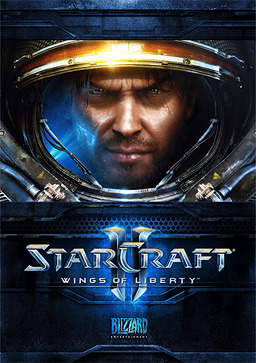

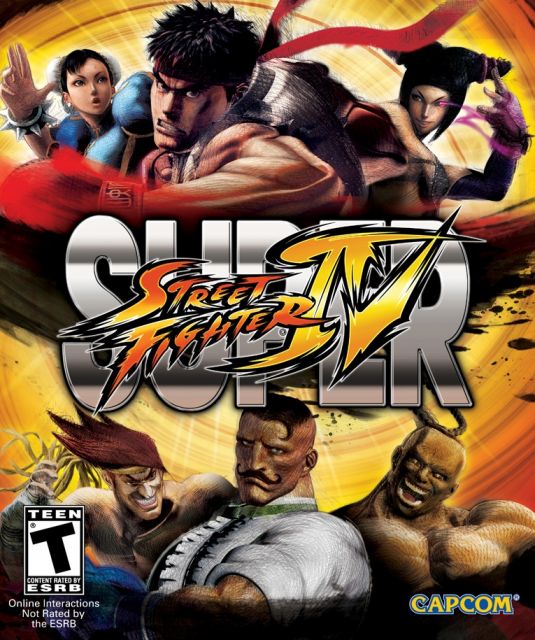
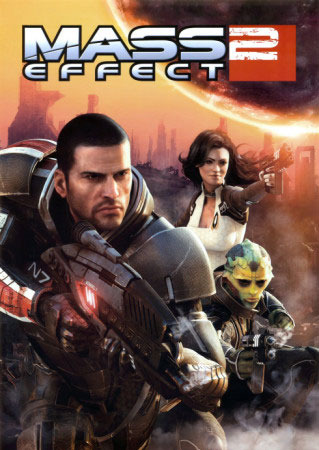
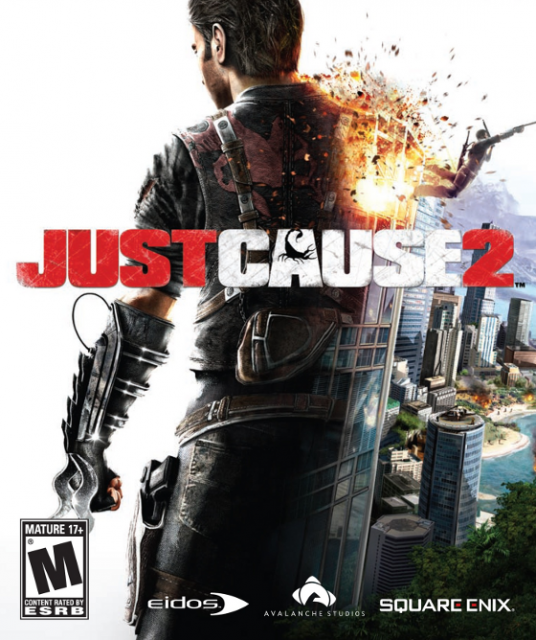
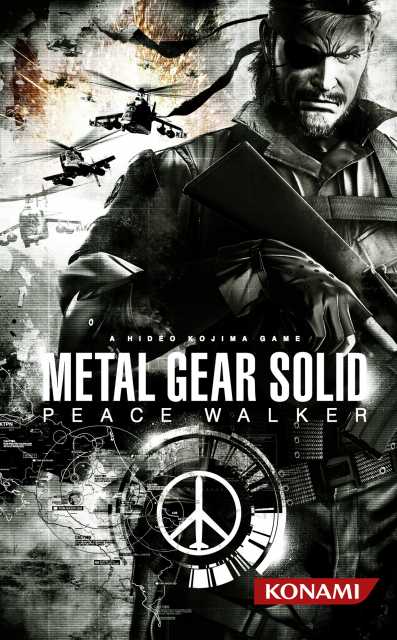
0 Comments